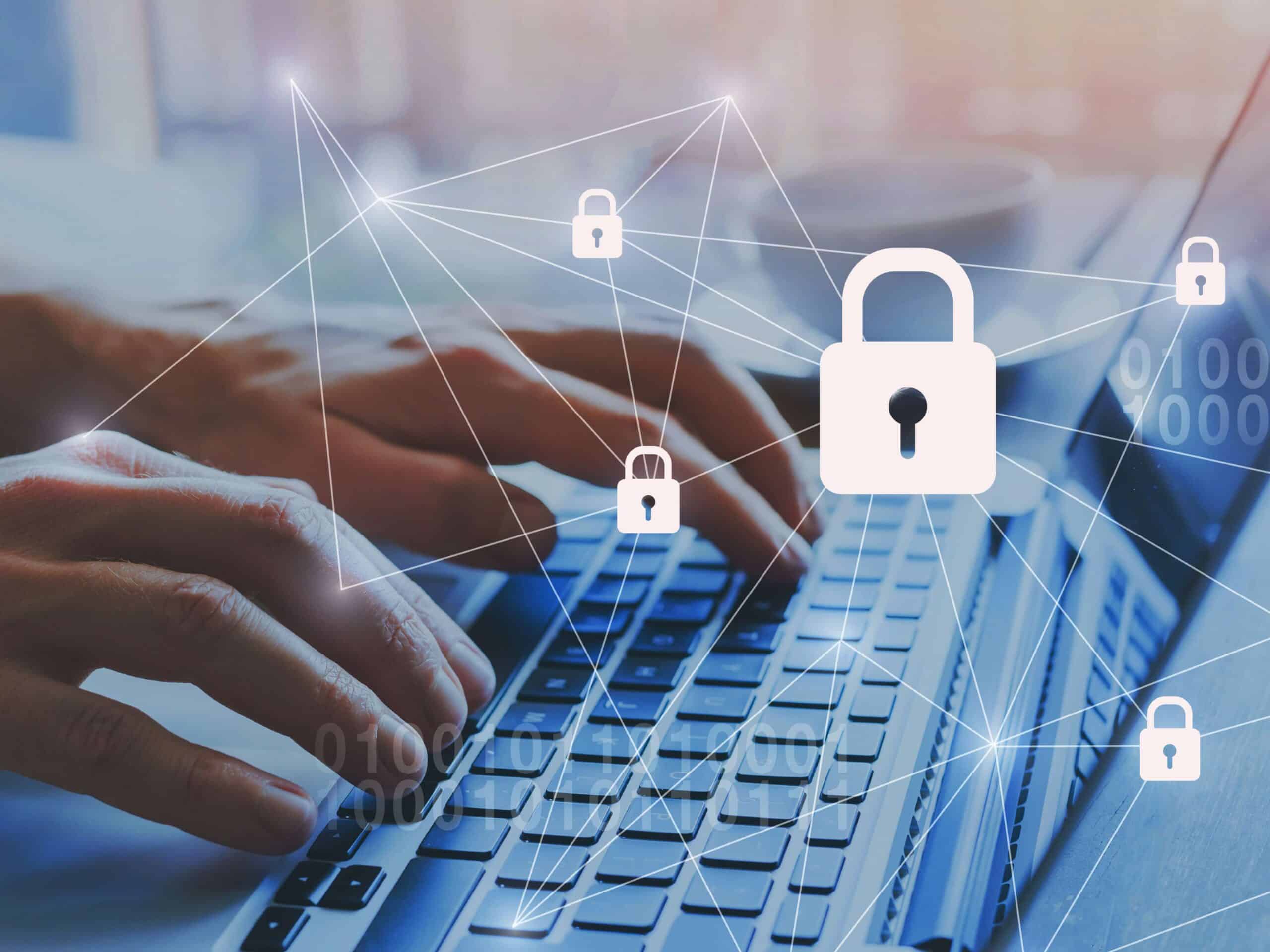
17 Aug Improving and Empowering Your Laptop Security
Importance of Laptop Security and Performance
Laptops are handy and versatile machines used for everyday tasks and business functions. However, though laptops are a lighter, convenient alternative to PC desktops, they still need the same level of care, protection, and maintenance for the best functionality.
Whether you want to safeguard your personal data or need to shore-up security for business adjacent devices, there are several effective and free techniques you can try.
About Your Machine
Before anything, have a good understanding of your laptop’s capabilities. Because of their smaller, portable size, laptops will have different hardware specifications. Generally, this is not a problem as laptops are for lightweight activities and uses. However, smaller size does translate to less available storage space, RAM, and CPU power. Each of these can play a factor in efficiency. Performance and security, therefore, rely on your laptop’s hardware specifications.
Knowing your hardware specs and expected performance level of your laptop machine is also important. For instance, if you abruptly experience severe performance degradation, that could be an indicator of malware intrusion, failing hardware, or bloatware consuming excessive resources. It also helps you make savvy decisions to get the most out of your system without compromising on cost or efficiency.
Simple (but effective) ways to strengthen and protect your laptop computer system
Ensure Anti-Virus is Installed
It sounds redundant, but not everyone has a form of anti-malware installed on their laptops. It’s one of the reasons operating systems come with their own baked-in versions, such as Windows Defender for Microsoft. But, standard versions may lack desired features. And, pre-installed antivirus software can overwhelm lower end laptops with performance issues during scan periods.
With the constant influx of modern threats, it is mandatory to have a form of anti-virus solution installed on your laptop. Businesses especially should establish this is a standard for their machines, especially if they utilize BYOD plans.
Disable and Remove Bloatware
Bloatware is, unfortunately, common with new laptops. Affordable machines often promise high RAM and large storage reserves. However, said laptops are filled with bloatware – software that was not downloaded by the user(s). Pre-packaged software is generally unnecessary. Some even run on startup or remain active in the background process, slowing down the laptop.
You may not even realize there is bloatware on your system. Regardless, trimming unnecessary software can help improve laptop speeds and free up storage for other important files. If you’re having trouble figuring out what is “bloatware,” a good rule of thumb is software that came pre-installed, software you didn’t install, or unfamiliar processes running in the background. Remember, you can check task manager to see what software/processes are drawing high loads of CPU/RAM resources.
Update
Essential to both laptop performance and security is updates. Specifically, software, browsers, and essential apps. Keep it in your security habits to update all relevant software if it is not set to do so automatically.
Updates maintain critical security patches. They also ensure the software in question is running smoothly. Hackers and malicious parties actively seek unpatched software and programs. They also look for zero-day exploits to bypass security and steal information. Laptops are especially vulnerable to these attacks as they’re regularly used for mobile work/personal use.
Use Strong Passwords
It sounds redundant, but it’s a point worth emphasizing. Always have strong logins and passwords set up on your laptop. Since laptops are used for traveling work, they’re exposed to a wider sprawl of risks.
Public networks, for instance, create dangerous digital environments. If your logins are exposed or unsafe when using a wifi network while traveling (such as a hotel), you place your data at risk. Therefore, protect yourself using complex passwords that avoid common phrases and words. Where possible, use different passwords for websites and apps. Remember, you can be affected by a data breach even if it’s not directly linked to your business or personal system.
Expand Storage
Though handy, your laptop is limited by size and age. Unlike desktop PC systems, they cannot be upgraded similarly. A desktop can have additional RAM installed, disc drive memories, new GPUs, and in rare cases even a new CPU unit. Modern desktop cases and hardware are also modular, making it easier to modify, change, and repair.
Laptops don’t quite have the same advantages. That’s because their hardware is integrated into the motherboard. But that does not mean you cannot upgrade them for improved performance. One of the easiest ways to do this is simply to expand your available data storage. You can do so with portable SSD storage drives, SSD flashcards, and external storage. SSDs not only rapidly improve the speed of your system, but they’re also affordable and can provide much needed space.
For instance, if your laptop makes use of cloud storage (like OneDrive), you could run out of storage space quickly. Considering budget laptops have limited available space (typically 120GB or less), expanding storage will reap immediate benefits
Conclusion
Laptops are an invaluable part of daily activities, whether personal or professional. Therefore, it’s important to maintain, protect, and update them for the best possible performance. In the event you still need assistance, advice for upgrades, or additional security, reach out for help.
For more information, contact Bytagig today.
Share this post:

Sorry, the comment form is closed at this time.